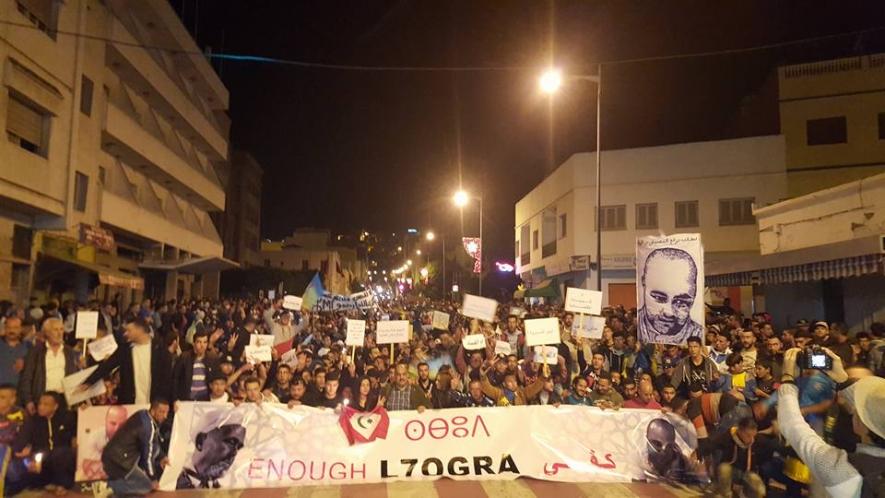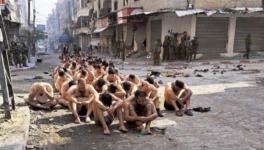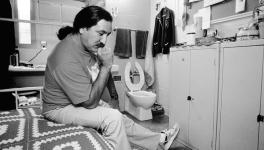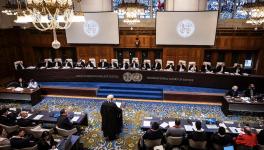Morocco Releases Over 5,600 Incarcerated People Amid COVID-19 Threat in Prisons

A large number of political prisoners in Morocco were part of the popular “Hirak” protest movement. (Photo: Wikipedia)
The Moroccan government ordered the release of 5,654 incarcerated people from various prison facilities on April 5, Sunday, in a bid to reduce the number of inmates in the country’s overcrowded jails and limit the risk of COVID-19 spread.
Prisoners were selected on the basis of age and the number of years spent in prison, among other factors. As of April 6, Morocco has recorded more than 1,000 cases of COVID-19 infections and 70 deaths.
Several human rights groups and organizations had appealed to the king for the release of all political prisoners and detainees, a large number of whom were part of the popular Rif protests in Morocco.
The Hirak Rif demonstrations erupted in the Rif region in October 2016 after the death of Mouhcine Fikri, a fishmonger, who was crushed inside a rubbish truck while trying to recover fish confiscated by the police. The death of Fikri was the last straw for the people, who were already angry at the corruption and repression unleashed by the regime, including unlawful arrests and police brutality. The economic woes of the people as a result of decades of neoliberal policies was another reason for the protest.
Thousands took to the streets, demanding state investment in the region’s development, concrete efforts to preserve its culture and checks to prevent abuse of power by the state apparatus.
The government responded violently, and more than 1,000 activists were arrested.
The activists, who were at the forefront of massive demonstrations against the Moroccan regime, were first sentenced in June 2018, when a Casablanca court charged them with “threatening national unity” and “undermining public order.” The movement’s leader, Nasser Zefzafi, and three other activists, Nabil Ahamjik, Ouassim Boustati and Samir Ighid, were given the harshest sentence of 20 years. In total, 53 activists were sentenced to a total jail term of 300 years.
With a population of less than 35 million, Morocco has more than 85,000 prisoners including undertrials. According to the World Prison Brief, most of the country’s prisons are overcrowded, with an official average occupancy rate of more than 136.
The United Nations, along with several rights groups, has called on states for the release of prisoners after the World Health Organisation declared COVID-19 a global pandemic last month. Incarcerated people are among the most vulnerable to the spread of infection due to over occupancy in prisons, which makes physical distancing impossible, in addition to unhygienic conditions and the lack of adequate health facilities. A large number of prisoners also suffer from other diseases or are elderly.
Get the latest reports & analysis with people's perspective on Protests, movements & deep analytical videos, discussions of the current affairs in your Telegram app. Subscribe to NewsClick's Telegram channel & get Real-Time updates on stories, as they get published on our website.
























